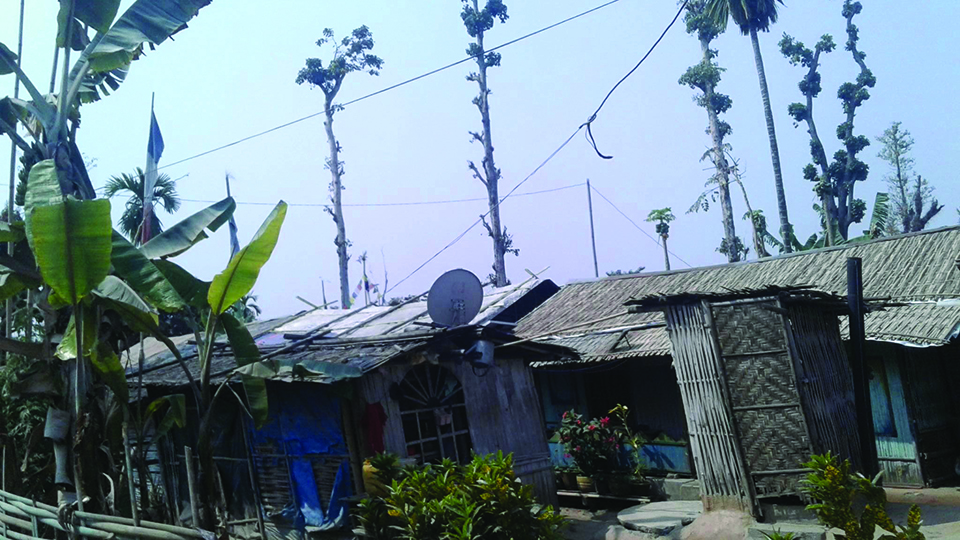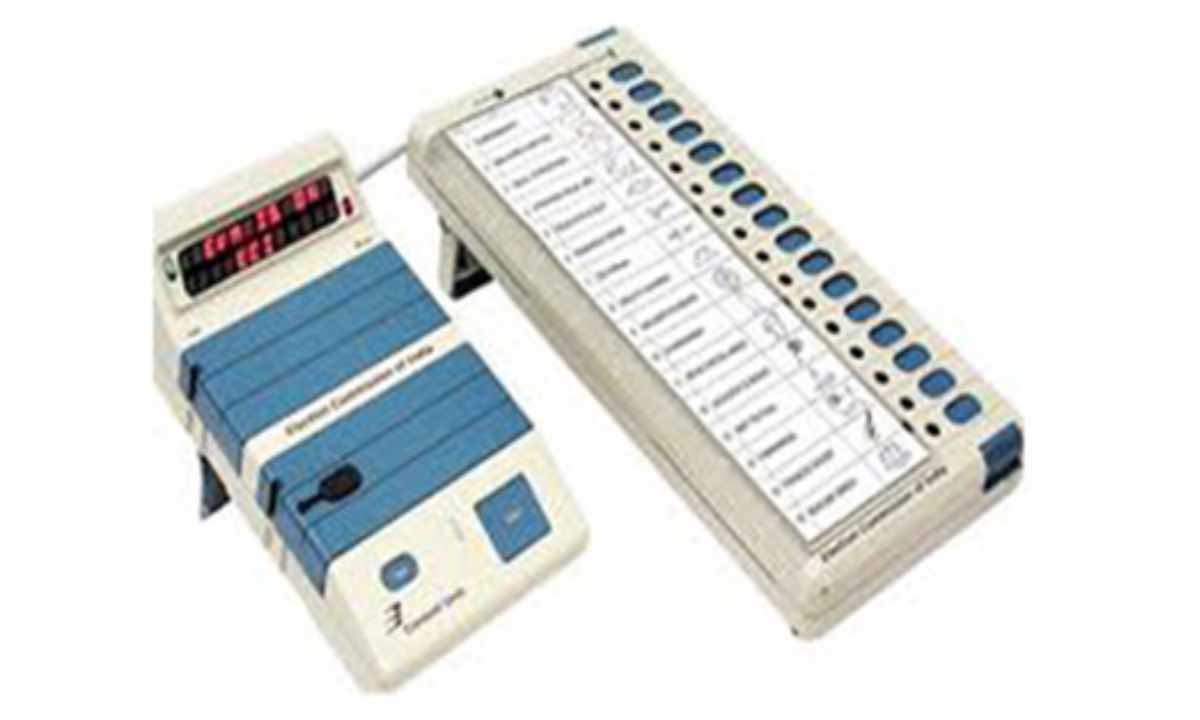
OR
Bhutanese refugees

DAMAK, Oct 31: The human rights bodies 'have stopped looking after them'. Nepal government no more feels obliged to ensure their comforts. Their own country, Bhutan, has shown no interest in their life or their demand of repatriation. Nevertheless, the refugees have started living comfortable lives these days.
"Iphone is not a big deal for us anymore. Our children send it from USA. They keep sending other goods as well," reports Ashok Rasaili. "They send money regularly."
Almost every household in the camps have relative or children aboard. Most of them are in the USA. Even if a hundred dollar is sent back home, it means a lot to the families.
"For them, it is not a very big deal. But when we convert it into Nepali currency, it is enough for us," Rasaili says.
Rasaili wanted to go back to Bhutan. That is why he turned down the request of his children to settle in the USA. When the third party settlement was proposed, Rasaili was not happy at all. Even later, he kept demanding that the proposal was a 'deception'. However, since many opted for it, people like Rasaili had to keep quiet.
Things gradually changed as the refugees living abroad started helping those in the camps. The financial support has enabled the refugees to live a comfortable life, if not lavish.
"Many left for the third country then. My children also wanted me to join them while they left. But I thought it was not a good choice," he reminisces. "Even now, there are many people like us, who wish to return back to our ancestral home in Bhutan."
Though the unfulfilled dream of going back to Bhutan keeps bothering him, a feel of change in the lifestyle seems to have quite engaged him.
"I talk to friends and family members. Mobile, internet have brought us close to our family members abroad," he said while showing off his mobile set.
Pemba Tamang also harbors the dream of returning back to his country. That was why he did not chase the 'American dream'. Now, he is in Jhapa while all of his relatives are in the USA.
"My brother and sister-in-law are in the USA. They send me money from time to time. My expenses are covered," he said. "Life is better now."
After the human rights bodies and the government stopped taking interest in the refugees, there had come a time when the refugees even starved. There was a time when there were no food stocks. There were restrictions if they wanted to find jobs outside the camps.
"We didn't have enough food, neither did we have access to hospitals, and any opportunities," recalls Tamang.
But things gradually changed as the refugees living abroad started helping those in the camps. The financial support has enabled the refugees to live a comfortable life, if not lavish.
Life in the camps was very hard until a decade ago. Tamang, however, attributes the change also to the global shift in terms of technology and facilities. "Today, everyone carries gadgets. Everyone has iphone," he remarked. "And similarly, people have stopped riding bicycle. They have motorbikes, cars."
People in the camps these days reach out to the markets and hospitals across the border quite easily. They are enjoying better transportation and health facilities.
"Earlier, we had to suffer due to lack of paracetamol. There were no doctors available in time at the camps. And we hardly had means to move out," said Tamang. "Things are different now," he added.
When the family members living abroad get back home sometimes, the change is felt more clearly. They come home with lots of lavish stuffs. According to DB Subba, former secretary of the camp in Beldangi, only the families which have nobody abroad are facing difficulties. Or else, prosperity has come to everyone.
"Almost every family has its member abroad. There could be a few exceptions. And only those who don't have anyone abroad are deprived of support. Or else, life is far easier here now," he said.
Harkajung Subba, 70, is also happy. He does not have to wonder about where he would get medicines from. His relatives in the USA take care of his needs. "They have arranged for my needs. They send money when needed," he said.
You May Like This

Internet Governance Forum begins in Nepal to launch discussions on internet ecosystem
Internet Governance Forum begins in Nepal to launch discussions on internet ecosystem ... Read More...

Take Internet to all local units within a year, NTA told
KATHMANDU, Sept 26: The parliament’s Development Committee has instructed the government to take telecommunication/telephone services to school, health post, post office,... Read More...

Infographics: Internet addiction?
Men vs women, Survey of lifestyle priorities ... Read More...






Just In
- Youth attempts suicide amid police torture over Facebook comments against home minister
- Time to declare EVMs’ end
- World Malaria Day: Foreign returnees more susceptible to the vector-borne disease
- MoEST seeks EC’s help in identifying teachers linked to political parties
- 70 community and national forests affected by fire in Parbat till Wednesday
- NEPSE loses 3.24 points, while daily turnover inclines to Rs 2.36 billion
- Pak Embassy awards scholarships to 180 Nepali students
- President Paudel approves mobilization of army personnel for by-elections security












Leave A Comment